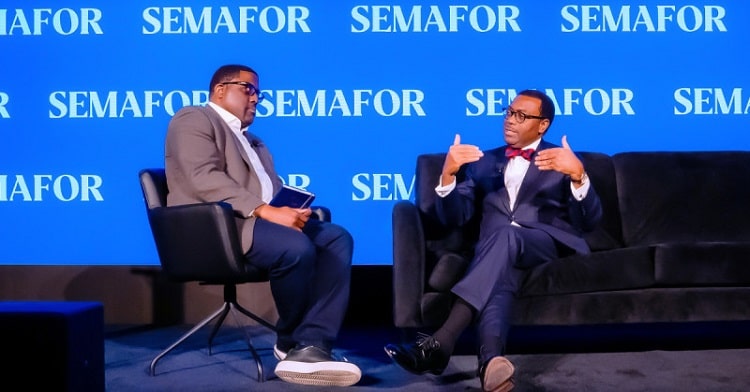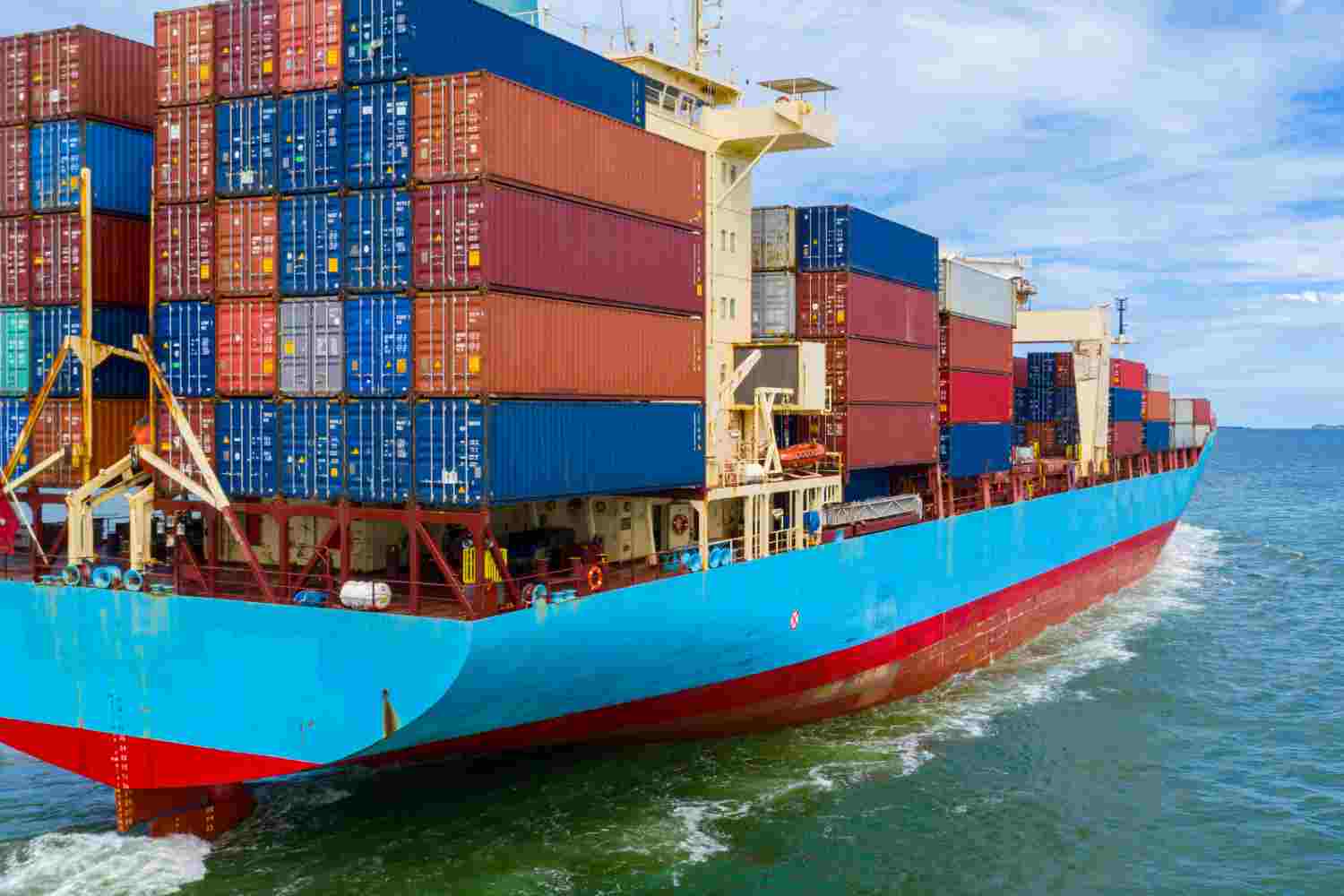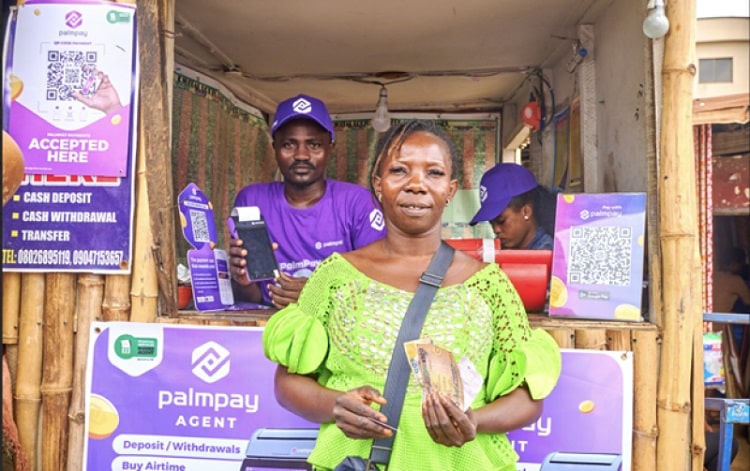Africa’s vast economic potential faces hindrances from opaque resource-backed loans, complicating debt management and impeding future growth, stated African Development Bank President Akinwumi Adesina.
Addressing the Semafor Africa Summit alongside the IMF and World Bank2024 Spring Meetings, Adesina stressed the urgency for debt transparency and accountability to eradicate these opaque loans.
He pointed to Africa’s escalating external debt, reaching $824 billion in 2021, with countries allocating 65% of GDP for debt servicing and a projected $74 billion for this year alone, a stark surge from $17 billion in 2010.
We're now on WhatsApp. Click here to join.
Acknowledging fiscal strains due to the pandemic, infrastructure demands, and inflation, Adesina underscored the imperative to tackle structural issues in Africa’s debt landscape.
He highlighted the transition from concessional to commercial debt, notably Eurobonds, now constituting 44% of Africa’s total debt. Adesina critiqued the “Africa premium,” where nations face higher borrowing costs despite lower default rates compared to other regions, calling for an end to this perception.
He advocated for an orderly approach to debt resolution, urging faster implementation of the G20 Common Framework and increased concessional financing, particularly for low-income countries. Adesina lauded the African Development Fund’s role in providing long-term, low-interest financing to vulnerable nations.
Related: FAMAR PSC Joins Angola Oil & Gas (AOG) 2024 as Silver Sponsor
Discussing strategies to de-risk projects and attract investors, Adesina mentioned various instruments like partial credit guarantees and synthetic securitization. He expressed optimism about Africa’s prospects, particularly in renewable energy, and highlighted the Africa Investment Forum as a platform for global investors.
The Semafor summit session, titled “Rising Global Middle Class: Is Rising Developing Nation Debt a Blessing or a Curse?” featured discussions on the mounting debt burden faced by developing countries.
Notable participants included U.S. Secretary of Health and Human Services Xavier Becerra, Rockefeller Foundation President Raj Shah, Bezos Earth Fund President and CEO Andrew Steer, and U.S. Treasury Assistant Secretary for International Finance Brent Neiman.
Shah emphasized the need to balance economic development with climate action, citing efforts to transition from coal-fired power to renewables in South Africa. Neiman discussed U.S. efforts to assist African countries in debt reduction, highlighting recent bond issuances and the role of the Global Sovereign Debt Roundtable in addressing debt challenges.





